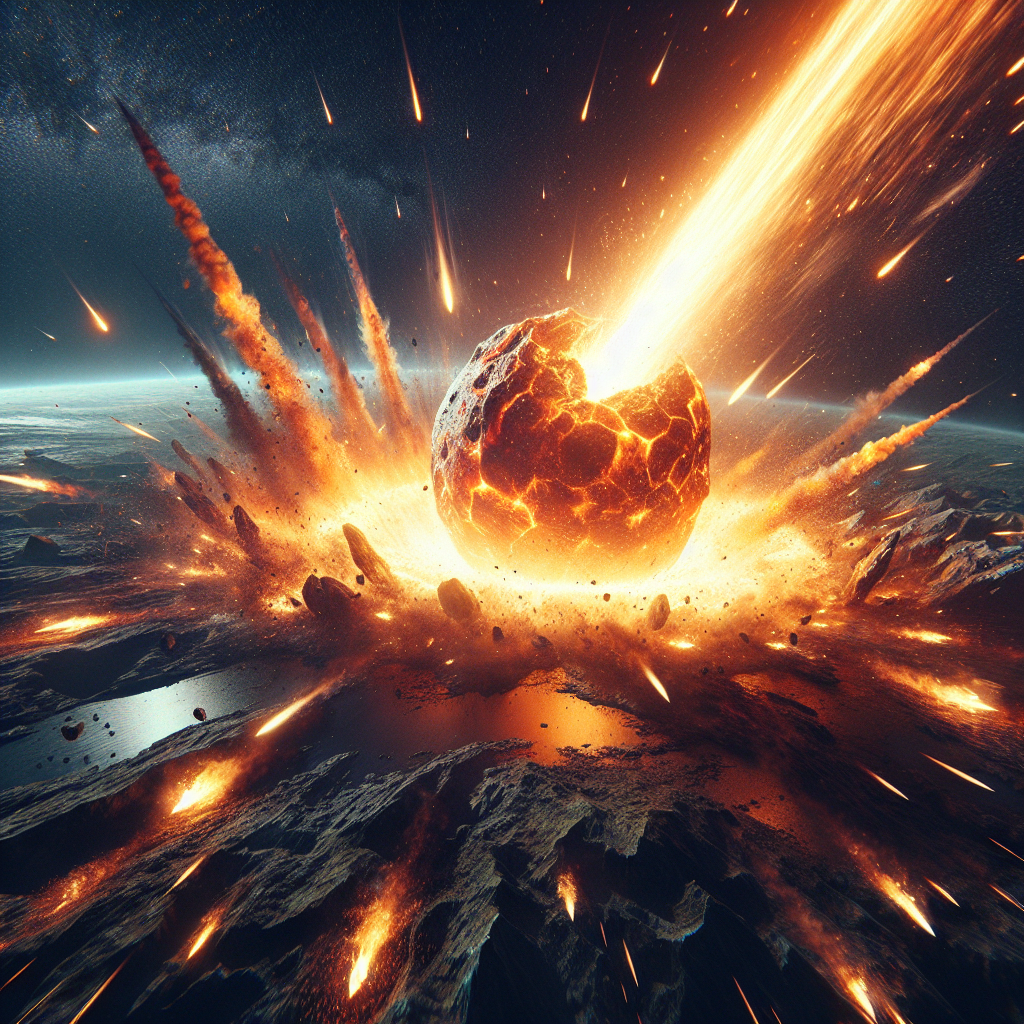Ancient Meteorite: Earth's Fertilizer Bomb
Recent research shows that a massive meteorite, which struck Earth 3.26 billion years ago, might have helped early life evolve by enriching the environment with vital nutrients. Separately, Eutelsat's merger led to a successful launch of 20 satellites using SpaceX's Falcon 9 rocket, bolstering communication networks.

New research suggests that a colossal meteorite crash 3.26 billion years ago may have played a critical role in fostering early life on Earth. This space rock, significantly larger than the one ending dinosaurs, enriched the environment for microbes by delivering crucial nutrients like phosphorous and iron.
Eutelsat, a leading European satellite firm, marked a significant milestone by launching 20 satellites via SpaceX's Falcon 9 rocket from Vandenberg Space Force Base. This launch marked the first major achievement since Eutelsat's merger, amplifying its global communication network capabilities.
The dramatic impacts of extraterrestrial events and corporate mergers illustrate the dynamic nature of our world, highlighting how both catastrophic and strategic movements can lead to unforeseen benefits.
(With inputs from agencies.)










